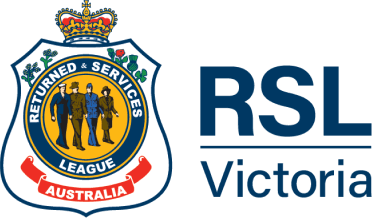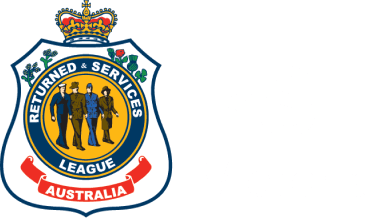Image credit: Kylie Iva and Graham Atkinson
As a Dja Dja Wurrung Yorta Yorta man, Uncle Graham Atkinson’s indigenous heritage had been carved deeply along the muddy shores of the Murray River at Echuca.
The National Service Act exempted Indigenous Australians from the requirement to register for service.
But when 90 per cent of the Australian population voted in a referendum to treat Aboriginal people as equal citizens - Uncle Graham saw his service as an opportunity to do his duty. He felt as Australian as the next bloke.
“When my number came up, I had a very intense conversation with my mother about this,” Uncle Graham says. “She was not only against the war, but she was also against my having to do national service training. But I took the 1967 referendum literally - a recognition that Aboriginal people were equal citizens. So, I had no qualms.”
Australian Indigenous recruits made significant and often overlooked contributions during the Vietnam War, demonstrating bravery, resilience, and a deep sense of duty despite facing unique challenges.
As one of the few indigenous recruits drafted to the warzone, Mr Atkinson was put to work as an armament fitter from 1969 to 1970.
It was his experiences on foreign shores that challenged his thinking.
”The first thing that I noticed was the searing heat … it takes your breath away,” Uncle Graham says. But it would be the attitudes of his counterparts toward the Vietnamese and anybody who looked different that proved far more stifling.
“If there was any film which had black people or even aboriginal people - all the racist and prejudiced remarks would come out,” Uncle Graham says.
"All those remarks were flung around very freely. People knew about my identity… yet there were all these negative stereotypes bandied around. It used to piss me off."
Graham Atkinson
Uncle Graham says he was buoyed by those fellow recruits who called others out - those brave enough to stand against the tide of derogatory remarks.
“I had some really good friends who were not frightened to call things out when silly remarks were directed at people who were different. But they were in a minority. There was a general attitude of apathy and ignorance towards the changing face of Australia.”
On his return, Uncle Graham says his experience forced him to contemplate the purpose of conflicts in the first place.
“I saw how the war had impacted the communities in South Vietnam, and I wondered, you know, whether we were playing a positive role. When I returned, there was a period there where I just didn't feel like talking about it.
"I think the experience politicised my thoughts about discrimination and racism and the treatment of the other. It motivated me to start showing more of an interest in what other ways it can be used to resolve conflict."
Graham Atkinson
In recent years, efforts have been made to acknowledge and honor the contributions of Indigenous soldiers in the Vietnam War.
Last year the Australian War Memorial identified more than 250 Indigenous men and women who served during the Vietnam War. Researchers say it is important to recognise their service and sacrifice now, especially as Indigenous people faced major barriers to joining the ADF at the time.
“Aboriginal men were exempt from conscription, which was one form of recruitment of the day,’ says Michael Bell, lead researcher and Indigenous Liaison Officer at the Australian War Memorial.
“You'd be told that you're not eligible because you're Aboriginal. There are stories of people who got rejected, walked out the side door, and they’d go back in the front door and volunteer to enlist.’
Director of the Australian War Memorial, Matt Anderson, says the research helps our understanding and knowledge of Indigenous service in Vietnam.
“It is part of our ongoing program at the memorial that deals with identifying and recognising the service and sacrifice of Aboriginal and Torres Strait Islander service people.”
The experience in Vietnam was a formative one for Uncle Graham. His experiences helped steel his focus on a career that would be dedicated to helping the disadvantaged.
He went on to become Victoria’s first tertiary qualified Aboriginal social worker, enjoying a successful career in the public service first as a social worker before his appointment as a regional director with the Aboriginal Development Commission and chair of the Aborigines Advancement League. He would eventually establish a first-of-its kind Aboriginal-run consultancy specialising in Indigenous social reform.
Uncle Graham says commemorations of the 50th anniversary of Australia’s participation in Vietnam had granted him the chance to reflect on his life of service.
“One of the benefits of joining the armed forces is the tremendous training opportunities it has to offer,” he says.
“I think I also benefited from the discipline. I don’t mean getting yelled at by a corporal as a recruit - but discipline in things like teamwork, learning to get along with people and learning to hold your fire in difficult situations. I think we could all learn something from that.”

